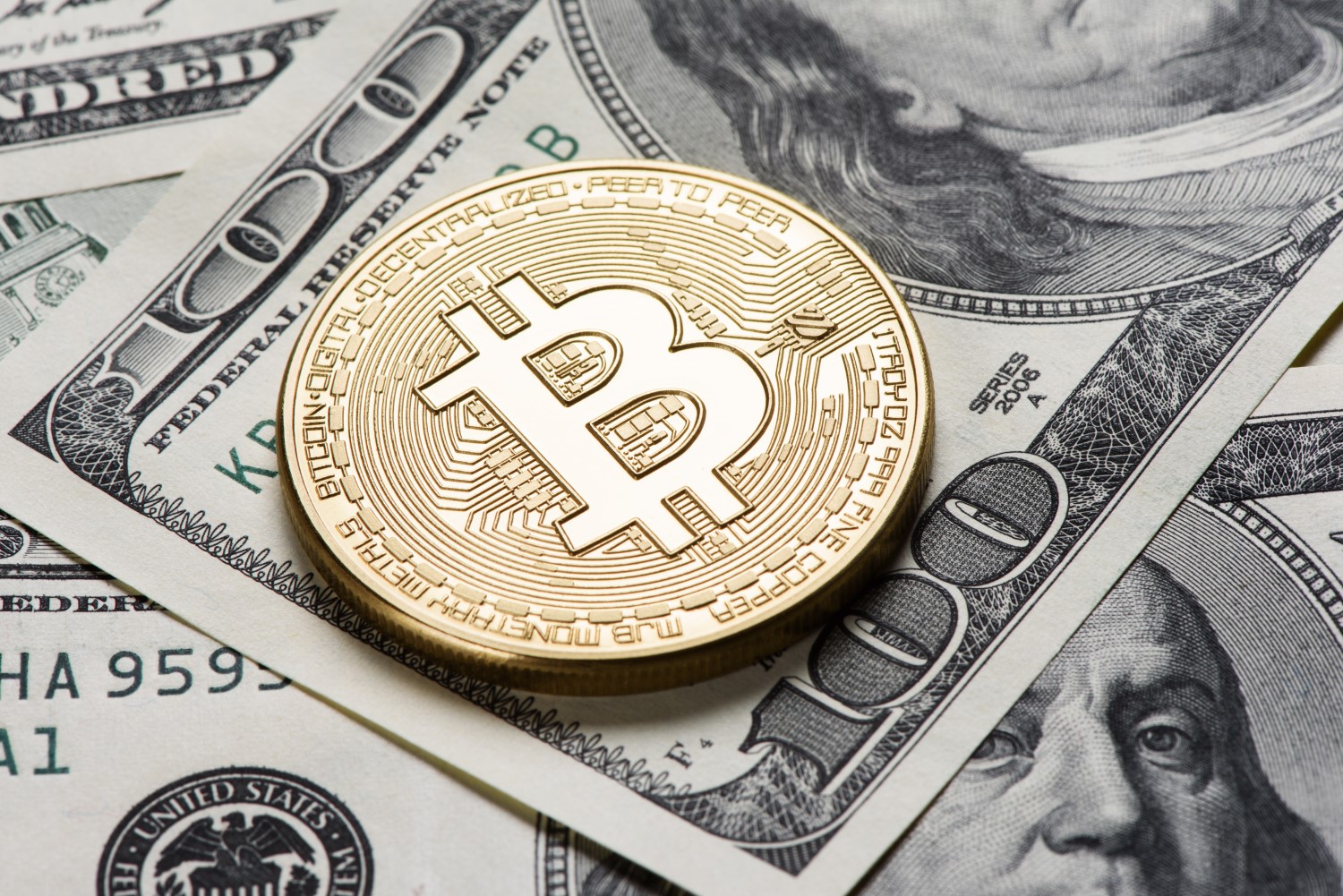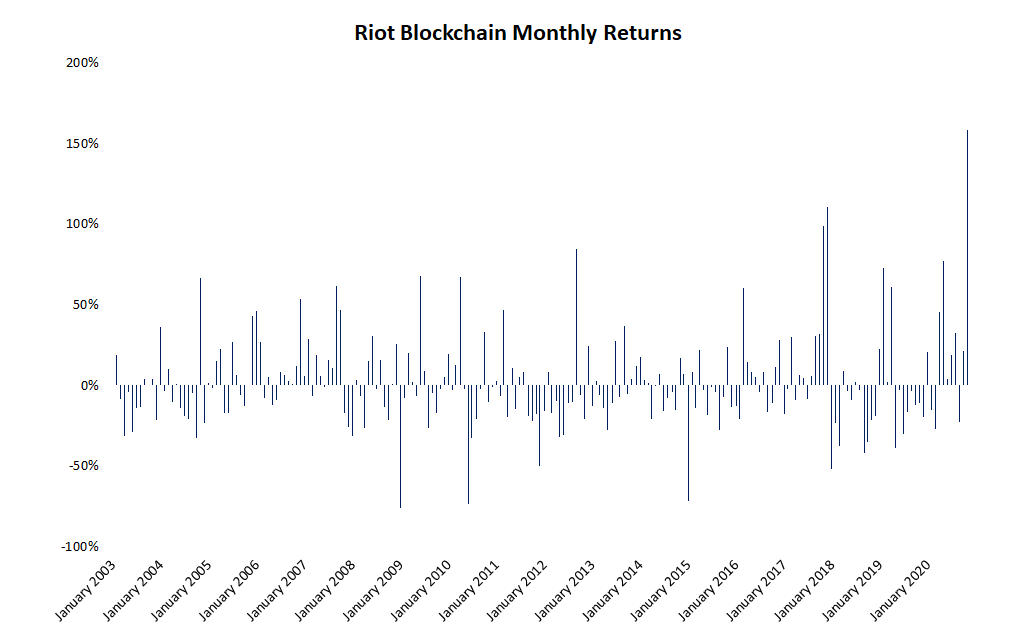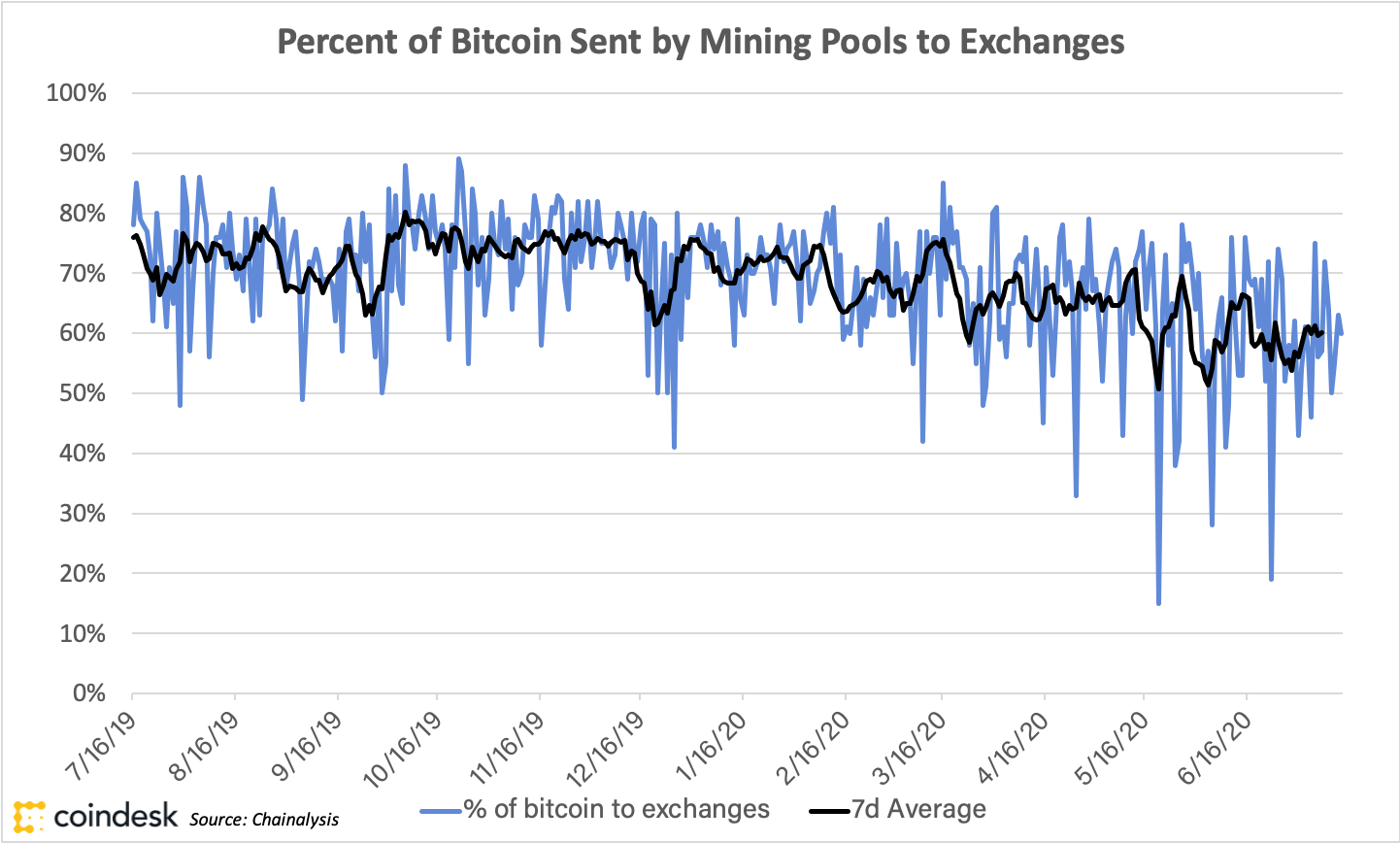Stablecoin Wallet Rpay Secures License from OFAC to Continue Operating in Venezuela
Stablecoin wallet Rpay has secured a license from the U.S. Office of Foreign Asset Control (OFAC) allowing it to continue operating in Venezuela without breaking sanctions on the Latin American country.
According to Rpay, OFAC granted “a license that does not absolve Rpay of its compliance duties, but does eliminate the growing compliance risk,” so the company will have to reject employees of the Venezuelan government.
Gabriel Jiménez, CEO of Rpay, told CoinDesk that the license Rpay obtained from OFAC is similar to the one Visa and Mastercard have to operate in a country like Venezuela. “What is a highlight is that it is a crypto company, the one getting authorization from the Department of Treasury to operate under such difficult conditions,” he stated.
Venezuela’s regulatory complexity has already triggered a number of crypto company exits. In 2020, peer-to-peer (P2P) bitcoin exchange Paxful decided to leave Venezuela citing regulations and its own “risk tolerance,” while in 2022 Uphold, a platform offering cryptocurrency trading and digital asset debit cards, closed its Venezuela operations due to “the increasing complexity of complying with U.S. sanctions.”
Rpay was developed by the team behind the stablecoin protocol Reserve and currently has 600,000 registered in Latin America and 300,000 on a waiting list, Jiménez said. The platform has posted $5.7 billion in cumulative volume since going live in 2020, and it recently adopted the decentralized Electronic Dollar (eUSD) stablecoin, which tracks the US dollar.
Despite having obtained this license to operate more securely in Venezuela, Rpay is more focused on other Latin American countries which have strong remittance corridors, Mexico and El Salvador among them, Jiménez added.
Edited by Stephen Alpher.









